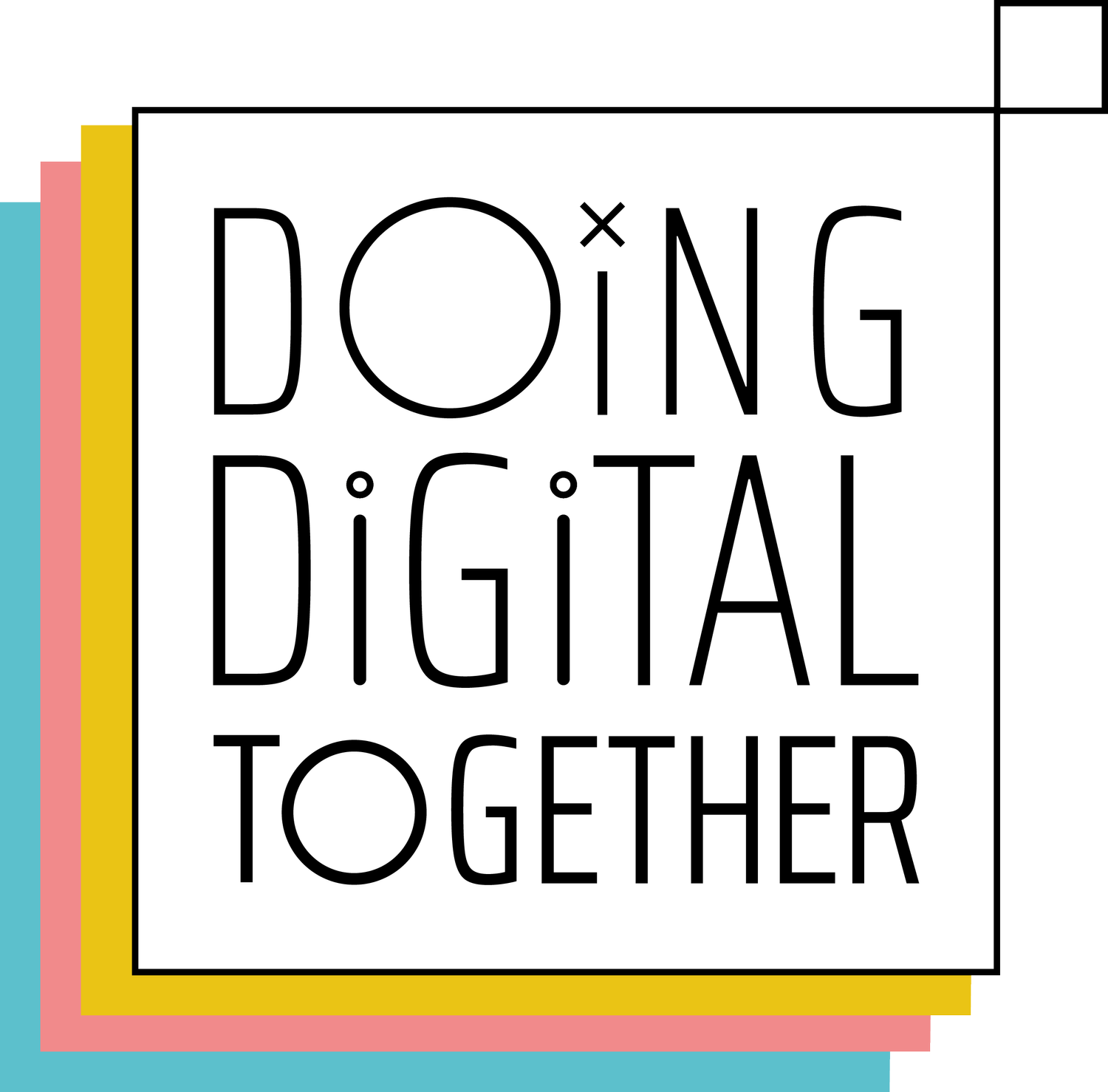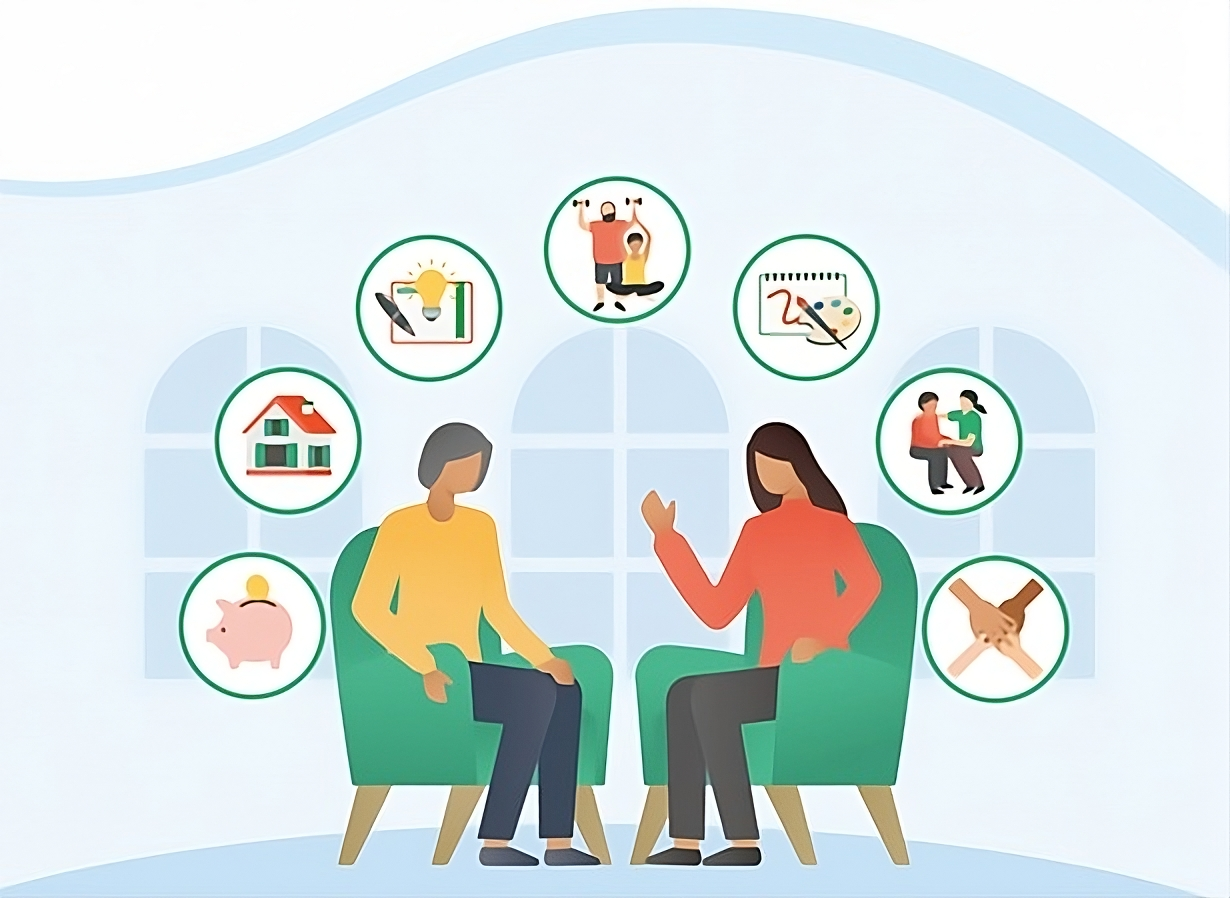Guest Blog: How Social Prescribing Can Support Digital Connectivity
A social prescriber suggests a range of different community services that could support her client’s wellbeing.
What difference could a laptop make to a life?
Social prescribers play a vital role in supporting people to improve their health, well-being, and happiness. Through connecting vulnerable clients with community services, social prescribers can empower people to take control of their own circumstances and help people to live the best lives they can.
We’re all likely to suffer adverse experiences that negatively impact our wellbeing at some stage in our lives. So many issues that impact our health can’t be treated by doctors in isolation. Loneliness can lead to depression. An inability to take part in physical activity can exacerbate other medical conditions. Life events such as relationship breakdowns, job loss, or bereavement can cause extreme stress and anxiety.
For those with existing barriers to support – such as health issues, financial struggles, and poor digital literacy – social prescribers can forge crucial connections between people and the services they need to change their lives for the better.
Access to digital services, and the skills and knowledge needed to make use of them effectively, can be one such service - unlocking access to a wide range of connections, services, and opportunities. Facilitating links with services that can provide essential digital resources at zero or minimal cost is just one of the many ways social prescribers can empower people to take control of their lives, while tackling inequalities in our wider communities.
A laptop could be the difference between being able to connect with family members abroad, or struggling with the absence of familial support; discovering new education and employment opportunities, or being limited to fewer, less accessible options; accessing vital services, or left uniformed and underserved.
In our latest blog, our Digital Inclusion team shares how they were able to support social prescriber Emma Boodle to connect a vulnerable mother with the resources needed to fully participate in an increasingly online world, and begin to build a happier life for herself and her children.
***
Emma Boodle is one of the social prescribers working for Be Well: The Big Life Group, looking to join the dots that will result in transformative outcomes for those facing barriers that prevent them from thriving and progressing into good health and wellbeing.
“M” is one of Emma’s uniquely individual clients whose visit to her local GP doctor resulted in a social prescription rather than a course of tablets.
After escaping an abusive relationship, M and her two young children are currently living in a safe house. M is from Iran, and in her own country she received a good education. She married at age 24 and had recently welcomed her first daughter when, tragically, her husband was killed in a car crash. For ten years M lived with her parents and young daughter before remarrying. Her new husband brought her to the UK soon after their marriage, when she was pregnant with their first child. Her new husband refused to bring M’s eldest daughter to the UK and over time he became increasingly mentally controlling and physically violent towards M.
Forbidden from learning English or integrating into the local community, M became isolated and vulnerable. When M was pregnant with her second child the police became involved and she and her child were moved out of the house for their safety. Sometime after the birth of her second child, M was referred to a local GP with anxiety and stress. This is when a referral was made to Emma.
Emma describes M as a bright young women with a good level of education, good digital skills, and aspirations of a better life for herself and her children. However, several barriers had to be overcome and vital connections with the right agencies had to be made. Early interventions facilitated by the Be Well team included provision of food and clothing, a school place for M’s four-year-old child, and English lessons. Despite this progress, it quickly became evident that not being able to access the Internet was a recurring barrier: M desperately needed a laptop and a smartphone.
Emma made the referral to the Manchester Digital Inclusion Team and working with Community Computers, suitable devices were identified. Adrian Nottingham, Community Computers Business Development Manager, was able to meet Emma in the City Centre to deliver the devices.
Adrian commented, “Our Social Prescribers’ do such vital work. They have big caseloads, and the people they support often face multiple challenges. I am so pleased that working with the Manchester Digital Inclusion Team, we have been able to provide Emma with one key piece of the puzzle that will enable her client to overcome several of the barriers she faces, simply by being digitally connected.”
Emma stated, “Our goal is to enable our clients to support themselves. M will now be able to access ESOL classes, other online courses, and all the agencies that she will need to engage with as she makes a new life for herself and her children.”
Emma reported that when she handed the laptop and smart phone to M, “to say the least she was over the moon. She said this has been one of the best things to happen to her in recent times.”
At the same time as receiving the laptop and smart phone, Emma liaised with Chris Northern from the Manchester Digital Inclusion Team to secure a SIM card and data for M, further supporting her journey towards digital connectivity.

